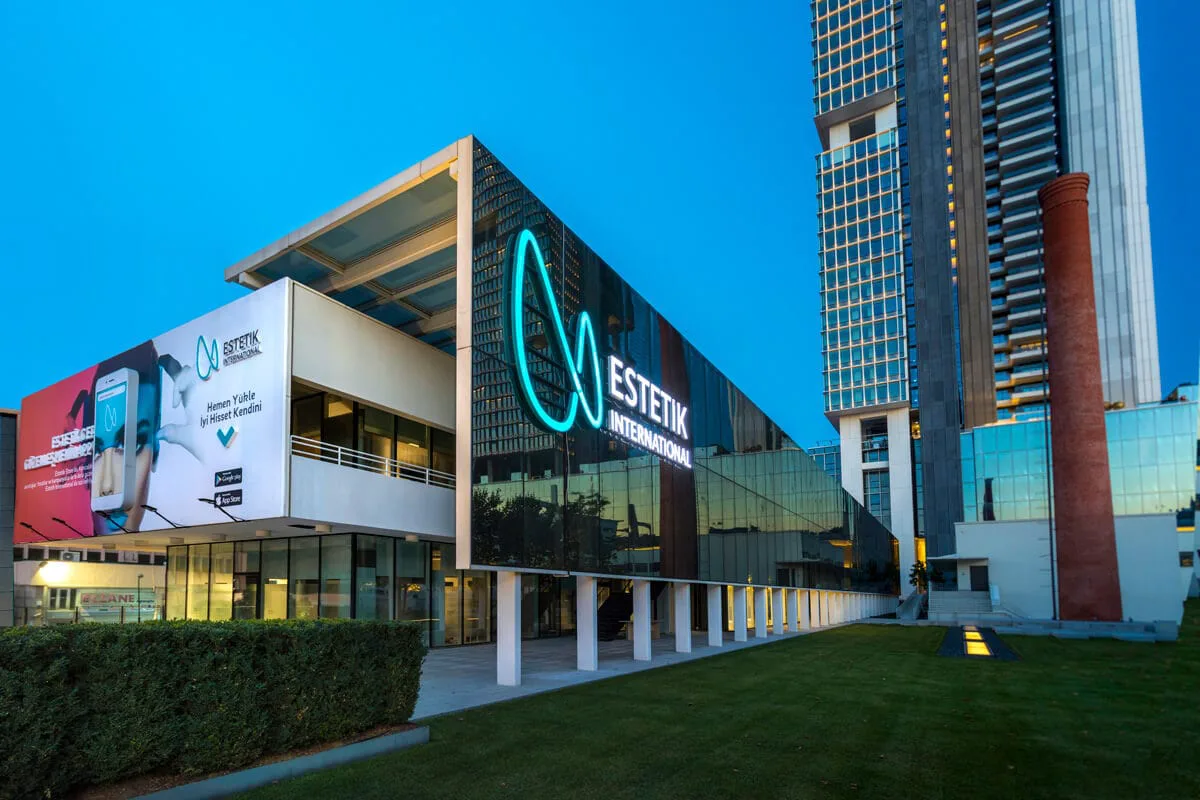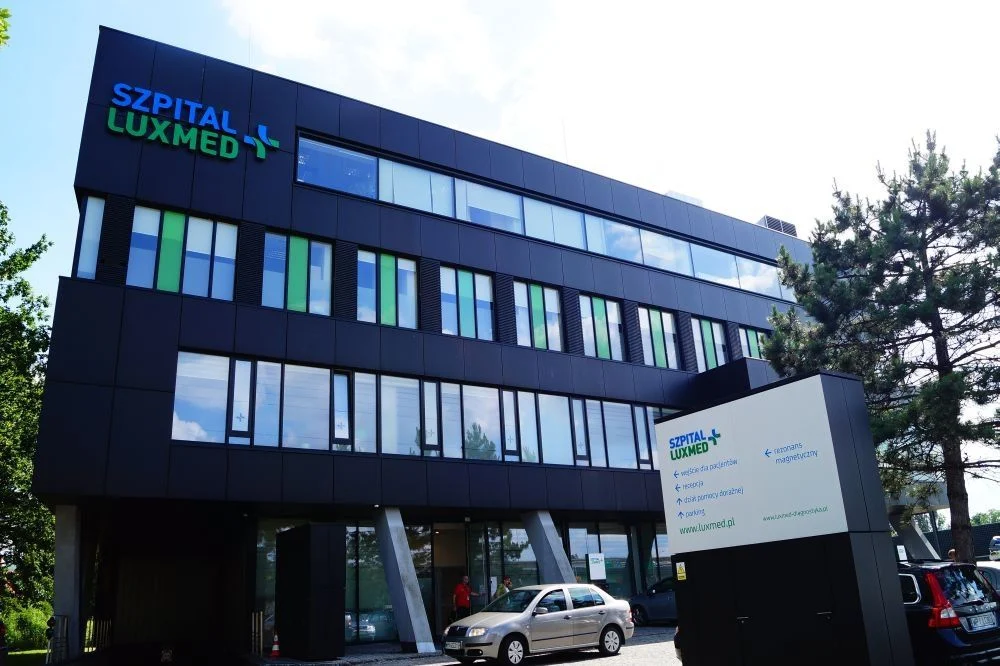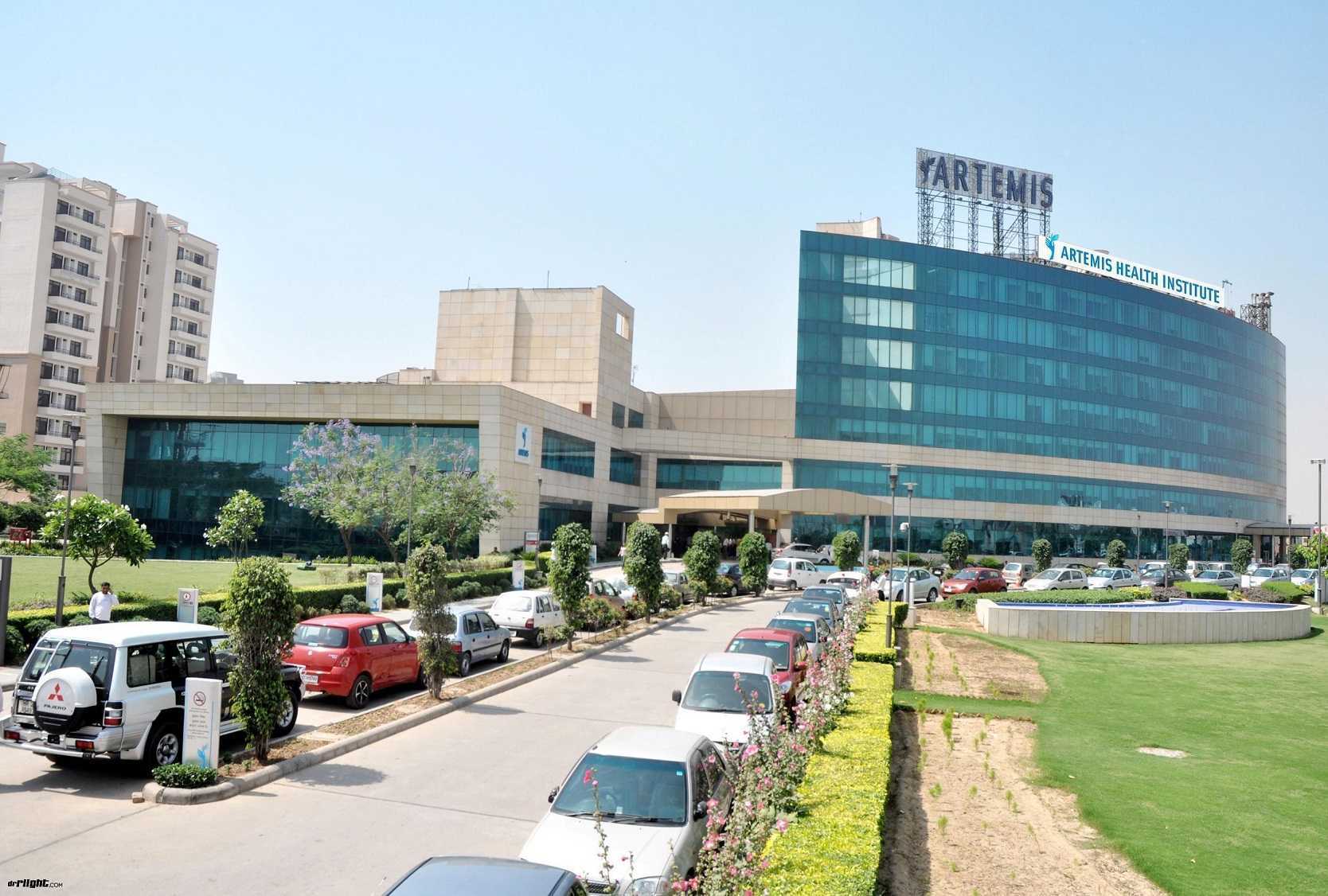Autism, a multifaceted neurodevelopmental condition, profoundly impacts social interactions, communication, and behavior. While traditional treatments, including behavioral therapy and medication, have shown effectiveness, some families seek alternative methods that promise more significant improvements. One such method gaining attention is stem cell therapy. This innovative approach has sparked considerable debate among scientists, doctors, and parents, prompting the question: How effective is stem cell therapy in managing autism?
Understanding Stem Cells and Their Potential Role in Autism Treatment
Stem cells possess a unique ability to differentiate into various cell types, such as neurons, blood cells, and tissues. Their regenerative and reparative properties have made them a focus of research for treating numerous conditions, including autism. The primary hypothesis behind using stem cells for autism therapy is their potential to enhance brain function by repairing damaged neurons, reducing neuroinflammation, and modulating the immune system.
Current Research and Evidence of Effectiveness
Clinical trials investigating the use of stem cells for autism are still in the early stages, but several studies have already provided preliminary insights into their potential impact.
- Duke University Study (USA): A notable study involved 25 children with autism receiving infusions of their own umbilical cord blood stem cells. Results showed that within six months post-treatment, the majority exhibited improvements in speech and social skills, with around 70% showing positive changes. However, researchers caution that further studies are needed to validate the long-term sustainability of these effects.
- Study in China: In another study conducted in China, 37 children underwent stem cell therapy. Approximately 60% of participants demonstrated enhancements in behavior and cognitive abilities. Yet, researchers emphasize that these findings are based on short-term observations, and long-term studies are required to confirm lasting benefits.
- Meta-Analysis: Reviews of multiple smaller studies across different countries suggest that, on average, 40% to 80% of patients experience improvements in areas such as social interaction, reduction of stereotypical behaviors, and language development.
Potential Benefits of Stem Cell Therapy for Autism
Research and clinical trials indicate several mechanisms through which stem cell therapy might benefit individuals with autism.
- Neuronal Repair: Stem cells may promote the repair of damaged neural cells or connections, potentially enhancing cognitive functions and learning capabilities.
- Reduction of Neuroinflammation: Some individuals with autism exhibit increased brain inflammation. Stem cells could potentially mitigate this inflammation, leading to improved behavioral and cognitive outcomes.
- Immune System Regulation: Studies suggest that immune system dysregulation may be linked to autism. Stem cells might help restore immune balance, contributing to overall health improvement.
One of the most progressive institutions actively implementing and using such therapy is the Cellthera Stem Cell Therapy Center in the Czech Republic. We will help you contact the center’s specialists for a preliminary consultation.
Challenges and Risks of Stem Cell Therapy
Despite its potential, stem cell therapy is not without significant challenges and risks.
- Limited Long-Term Data: Most research provides only short-term results. There is currently insufficient evidence to confirm that stem cell therapy offers lasting improvements for autism.
- High Cost: Stem cell treatment is typically expensive, with costs ranging from several thousand to tens of thousands of dollars, making it inaccessible to many families.
- Ethical Concerns: The use of certain stem cells, like embryonic stem cells, raises ethical issues. However, the use of autologous stem cells (derived from the patient’s own cord blood or bone marrow) mitigates some ethical concerns.
- Side Effects: Although rare, stem cell therapy can lead to complications, such as immune reactions or, in extreme cases, tumor formation. Careful post-treatment monitoring is essential.
Future Research and Clinical Trials
Despite existing challenges, research and clinical trials are progressing worldwide. Scientists are keen to understand how stem cells interact with the brain and which specific cell types are most effective in treating autism. Promising avenues include:
- mesenchymal stem cells: These cells, derived from umbilical cord blood or bone marrow, have shown potential in improving autism symptoms;
- combination therapies: Some researchers are exploring the integration of stem cell therapy with other treatments, like behavioral interventions and medication, to enhance overall effectiveness.
Key Considerations Before Pursuing Stem Cell Therapy
Before opting for stem cell therapy, families should carefully consider several critical factors.
- Individual Effectiveness: Each case of autism is unique, and results can vary. It is important to evaluate whether this approach is suitable for the specific needs of the patient.
- Risks and Side Effects: A thorough discussion with a healthcare professional about potential risks and side effects is crucial.
- Financial Costs: Given the high cost of treatment, assessing financial resources and options is necessary.
- Clinic Expertise: Choosing a reputable clinic with experience and proper licensing in stem cell procedures is vital to ensure safety and effectiveness.
Stem cell therapy presents a promising yet experimental approach to autism treatment. Although some studies have reported positive outcomes, more comprehensive research is needed to establish long-term effectiveness. For many families, this could represent a potential treatment option, but it is essential to approach it with caution, considering all possible risks and limitations.











